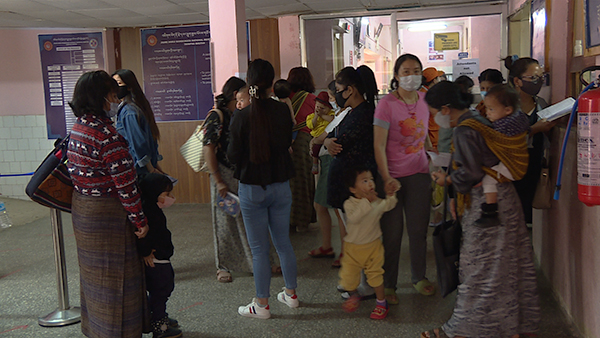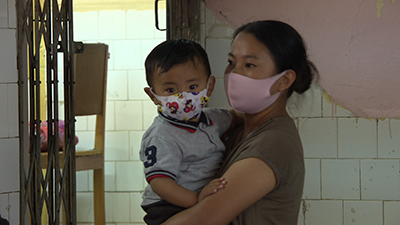 Amid the COVID-19 pandemic, the health ministry is hopeful of implementing the maternity allowance within this year. It will be rolled out under the policy – “Accelerating Mother and Child Health outcome- 1000 Days.” The cabinet endorsed the policy late last year.
Amid the COVID-19 pandemic, the health ministry is hopeful of implementing the maternity allowance within this year. It will be rolled out under the policy – “Accelerating Mother and Child Health outcome- 1000 Days.” The cabinet endorsed the policy late last year.
The health ministry will give the maternity allowance to pregnant women in rural areas and those in the private and corporate sectors who do not get six months of paid maternity leave.
Each of them would receive an allowance of Nu 39,000 from the day the child is conceived until the child is two years old. It would be disbursed in portions during the period.
However, certain conditions are to be fulfilled, such as completing the recommended eight ante-natal care and four post-natal care visits, institutional delivery and exclusive breastfeeding for six months, among others.
Initially planned for eligible women in rural areas, the allowance was supposed to be launched in August 2019. But due to budget constraints, it could not take off immediately.
Dechen Wangmo, the health minister said, “As people understand, from one of our major finance foreign exchange earner is a tourism sector and that is fair to say as good as zero with the COVID and this has affected globally not just Bhutan. So these are some of the financial challenges where we were not able to roll it out.”
“But we have the policy and every implementation; plan everything ready to be rolled out. So that’s why we are hoping that this year we will be able to roll it out,” she added.
Meanwhile, in some rural parts of the country, newborn mothers like Lungten Dema , 20, in Samdrup Jongkhar are looking forward to receiving the maternity allowance soon. She has a nine-month-old baby.
“Civil servants get six months of maternity leave. But here in the villages, we have to work on our farms after delivery. Some work by carrying babies on their backs. If such an allowance is given soon, we can stay home and feed our babies,” said Lungten.
“If the allowance is given, it will benefit both the mother and the child. At the moment, after a month-long rest post-delivery, we have to return to our farm works,” said Yangzom, another resident of Samdrup Jongkhar.
 The Accelerating Mother and Child Health outcome- 1000 Days policy is expected to ensure the availability and accessibility of quality Mother and Child Health services besides empowering women by enabling them to operate their own personal savings bank account.
The Accelerating Mother and Child Health outcome- 1000 Days policy is expected to ensure the availability and accessibility of quality Mother and Child Health services besides empowering women by enabling them to operate their own personal savings bank account.
As per the population and housing census 2017, there is a significant improvement in childhood mortality indicators between 2005 and 2017. This is attributed to the strengthening of institutional delivery and ante-natal care visits, among others.
And so, many feel that intervention such as the maternity allowance is only expected to contribute further in reducing maternal and neonatal mortalities.
Choni Dema
Edited by Sonam Wangdi








